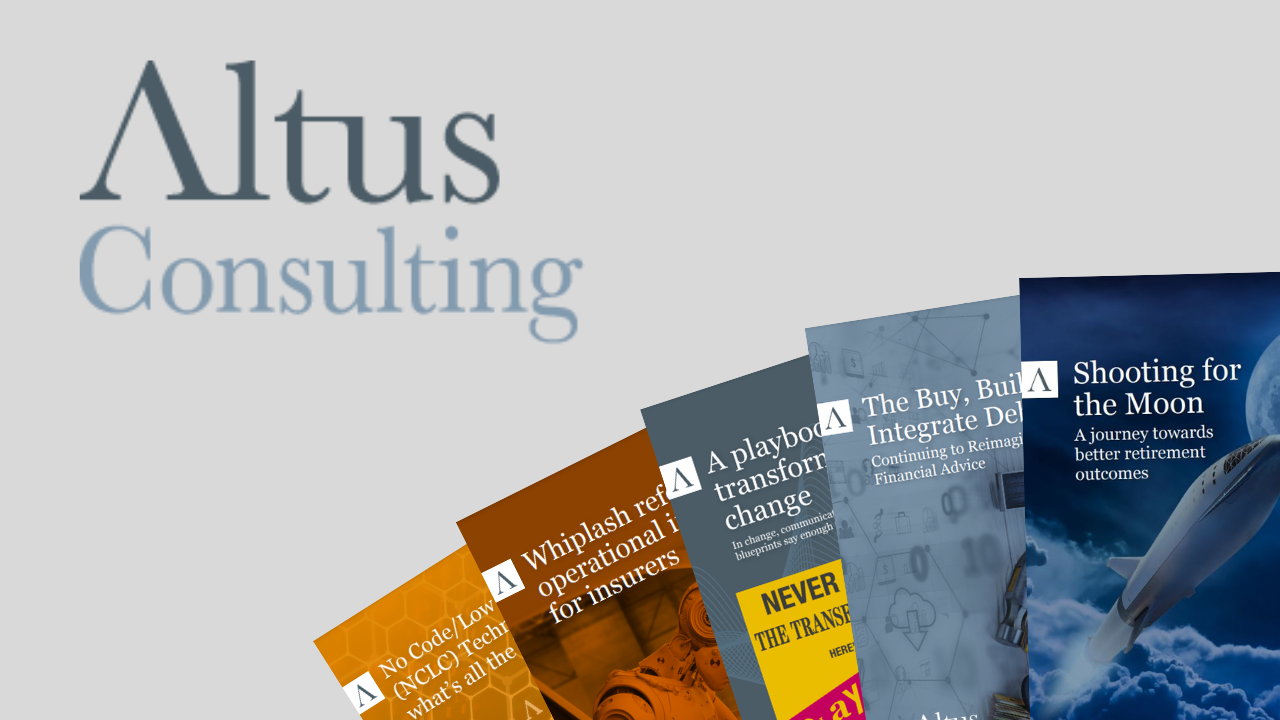Confetti in an office, an unusual concept? I have read so many brilliant blogs around the psychology of the workplace and it got me thinking about our everyday actions. Joining Altus at the beginning of this year I was nervous; that’s not surprising, starting a new job is nerve-wracking. I chose to write a blog about the importance of kindness and ‘being a human’ in the workplace, as this to me is absolutely fundamental.
Kindness: the quality of being friendly, generous, and considerate. Affection, gentleness, warmth, concern, and care are words often associated with kindness.
This definition, to most, is common sense or ‘being human’. However, is kindness still a trait people expect or something they work on within themselves? Does everyone know the real impact of kindness and how this contributes to success, particularly in the workplace?
This blog will explore a few examples of kindness in the workplace, whether this is through setting boundaries, establishing clear communication methods, empathy, or kindness to self, it should be a core quality for us all.
Respect
Think about people who you have worked with, who you really respected. Is it because they were amazing at their job? Most likely, but was it also because of the kindness they showed to you and others?
A great example is when you start a new job or project. This can be tough, particularly when you are starting out in a new industry. The fear, lack of confidence, and general imposter syndrome is a tough cocktail for anyone to overcome and there is no point pretending otherwise. Dealing with that alone is hard, but engaging with your new team and building relationships is key to this. Some people will use the opportunity of you being a newbie to make it clear they know more (let’s remember this is more of a reflection on themselves than on you). Others, however, will take the time to teach, explain the process, mentor you to think about the problem in a different way. To me, this act of sharing their time and knowledge commands a lot of respect. The patience, but most of all the kindness, is invaluable and ultimately helps you form a good rapport moving forwards. In that moment, that mentor is not only thinking about the process in hand, but also about you as a person and the investment in which they are willing to make; they are showing a level of Kindness – cue the confetti.
You can ‘talk the talk, but can you walk the walk?’ You, me, everyone, we all take time to learn. You don’t get into a car and instantly know how to drive it. You pass your theory test, know what to do, but you can’t necessarily drive, reverse around a corner or a do a 3-point turn. There is a steep learning curve. In theory you are prepared, you can ‘talk the talk’ but now you need to learn to ‘walk the walk’. This analogy again is likened to starting a new job. On paper you are ready, you have the correct qualifications, but day 1 is like getting into the car – it’s time to learn to drive. This doesn’t all happen instantly. In reality, it’s the different situations that you encounter when your confidence and knowledge grows.
Individuals
We are all unique individuals, leading us to think differently, and we each have our own motivations. Without this we wouldn’t have vets, teachers, train drivers or even consultants! What seems ‘simple’ to one person can be the complete opposite to someone else; this doesn’t mean one is ‘more intelligent’, it highlights how we all operate differently. What should always be present in our lives is empathy, kindness and manners. We know how to demonstrate this in our personal lives, but sometimes (for reasons that aren’t always clear) something changes at work. There are some positive strides being taken around ‘bringing your authentic self to work’, however the presence of the phrases ‘work-self’ and ’home-self’ provide an obstacle in this movement, and we (society) need to be considering how to combine these different ‘selves’. Leaders in industry should also be at the forefront of this as, according to the Harvard Business Review, ‘Leadership is about people, and people change every day’, summarising the point that individuality should be nourished and developed, not squashed and judged. Everyone has their own moral codes.
Communication and Boundaries
Programme delivery relies heavily on the ability to work with others. Arguably this is the most important success factor alongside boundaries. Project management focuses on clear boundaries, set parameters and a robust Change Framework that is rigorously followed. Boundaries are needed to keep a project or programme running smoothly, they ensure clear decision-making processes, communication paths and methods of escalation. Understanding what motivates each individual and showing them support are key to success. Setting boundaries in the workplace, be it a person’s job spec or their role in a team or project, is an act of kindness. This clear boundary definition can be crafted through decisive communication. Being kind through communication doesn’t just come in the form of positive words; sometimes a colleague needs to be shown where they aren’t performing to the required standard, and here concise, focused communication is key. Focusing on kindness as the undertone to how we communicate and set boundaries is paramount.
Empathy
An article by Forbes recently stated that ‘Empathy is the most important leadership skill’. It’s an interesting point because whether we consciously know it or not, we work to people’s emotional sides. How often have you been asked to do something that you absolutely didn’t want to do, but then when it was explained to you why, you did it? I’m guessing quite a few times. Yes, we want to be collaborative and contribute to a smoothly running business place, but I think one of the main reasons for completing these not so desirable tasks is because it helps that person out, and having been told the ‘why’ you now understand the benefit/need of the task. Focus on the fundamentals; we care, small things make a big difference, treat others how you would want to be treated and all of this will contribute to a much happier workforce.
Kindness to self
When one hears the word kindness, we often think about kindness to others, but what about kindness to ourselves? The Harvard Business Review talks about how we need to ‘normalise and destigmatise making mistakes’. We berate ourselves for getting something wrong, and when you do something that is perceived as particularly ‘silly’ (such as sharing screen in the wrong way!) we put too much focus on it. A friend reminded me of the expression ‘if you wouldn’t talk to your friend like that, why would you talk to yourself like that’. It is so simple, so true and so easy to forget. We all know that actions have consequences, we all make mistakes and that won’t change. Admitting when we have made a mistake is hard and so incredibly important, learn from it, recognise the growth and move on.
Whether it is a new job, project or colleague joining your team ‘Tracy Bower’ reminds us to ‘Be a beacon, never underestimate your own effect on others’. How often have we been reminded that you never know what is going on in someone else’s life. The focus has been on kindness, at work and to ourselves, but really, aren’t we just talking about being human? So, what kind of human do you want to be? Think about how respect is shown, how you empathise with others, how you communicate and how you set clear boundaries, but most of all, what kindness is to you. Do we all need to sprinkle a little more confetti?




